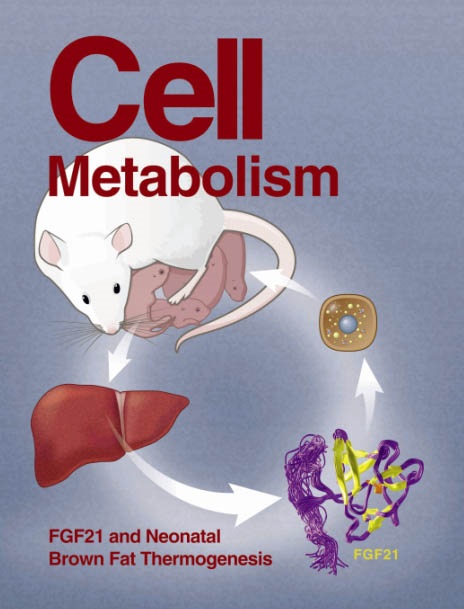衣康酸促进组织内肺泡巨噬细胞的炎症反应,加重急性肺损伤
IF 30.9
1区 生物学
Q1 CELL BIOLOGY
引用次数: 0
摘要
衣康酸是一种抗炎代谢物,在多种炎症性疾病中具有治疗潜力。然而,其免疫调节功能主要基于体外产生的巨噬细胞或细胞系,而其在组织内巨噬细胞中的作用尚不清楚。在这里,我们报道,与其对骨髓源性巨噬细胞(bmdm)的作用相反,衣康酸促进促炎细胞因子的产生,并增强驻留肺泡巨噬细胞(AMs)中NACHT-、富含亮氨酸重复序列(LRR)和pyrin结构域蛋白3 (NLRP3)炎症小体的激活。与天然衣康酸不同,衣康酸衍生物衣康酸二甲基(DI)和衣康酸4-辛酯(4OI)可抑制AMs中的炎症反应。值得注意的是,bmdm的气管内转移逆转了它们对衣康酸的反应,这表明肺泡微环境在塑造巨噬细胞免疫代谢中发挥了重要作用。我们还证明衣康酸在体内促进am介导的炎症反应并加重肺损伤。综上所述,我们的研究意外地证明了衣康酸在组织常驻am中的促炎作用,这表明在其临床应用之前需要进一步的研究。本文章由计算机程序翻译,如有差异,请以英文原文为准。

Itaconate promotes inflammatory responses in tissue-resident alveolar macrophages and exacerbates acute lung injury
Itaconate is an anti-inflammatory metabolite with therapeutic potential in multiple inflammatory diseases. However, its immunomodulatory function has been mainly based on ex vivo-generated macrophages or cell lines, whereas its role in tissue-resident macrophages is still poorly understood. Here, we report that, in contrast to its effects on bone-marrow-derived macrophages (BMDMs), itaconate promotes the production of proinflammatory cytokines and augments the activation of the NACHT-, leucine-rich-repeat- (LRR), and pyrin domain-containing protein 3 (NLRP3) inflammasome in resident alveolar macrophages (AMs). Unlike native itaconate, the itaconate derivatives dimethyl itaconate (DI) and 4-octyl itaconate (4OI) suppress the inflammatory response in AMs. Notably, the intratracheal transfer of BMDMs reversed their responsiveness to itaconate, indicating an essential role of the alveolar microenvironment in shaping macrophage immunometabolism. We also demonstrate that itaconate promotes AM-mediated inflammatory responses in vivo and aggravates lung injury. Taken together, our study unexpectedly demonstrates a proinflammatory role of itaconate in tissue-resident AMs, suggesting that further investigations are needed before its clinical application.
求助全文
通过发布文献求助,成功后即可免费获取论文全文。
去求助
来源期刊

Cell metabolism
生物-内分泌学与代谢
CiteScore
48.60
自引率
1.40%
发文量
173
审稿时长
2.5 months
期刊介绍:
Cell Metabolism is a top research journal established in 2005 that focuses on publishing original and impactful papers in the field of metabolic research.It covers a wide range of topics including diabetes, obesity, cardiovascular biology, aging and stress responses, circadian biology, and many others.
Cell Metabolism aims to contribute to the advancement of metabolic research by providing a platform for the publication and dissemination of high-quality research and thought-provoking articles.
 求助内容:
求助内容: 应助结果提醒方式:
应助结果提醒方式:


